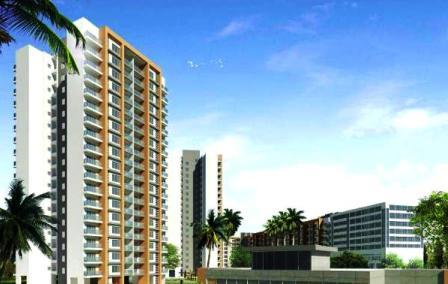
Indian firm bags township project in Rwanda
Indian realty firm Synergy Property Development Services Ltd bagged, through international bidding, a $153-million township development project in the central African country of Rwanda.

Indian realty firm Synergy Property Development Services Ltd bagged, through international bidding, a $153-million township development project in the central African country of Rwanda.
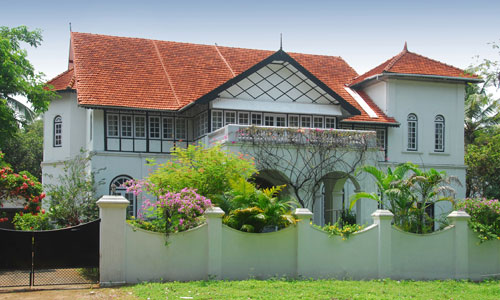
Spiraling property prices and slump in home sales have forced the Union Housing Ministry to think out-of-the-box solutions. After the decision to set up a high-level committee to recommend policy interventions to facilitate creation of rental housing stocks, the ministry has now sought views from private developers and builders to evolve a strategy for reducing the time taken in approval of real estate projects that can help bring down the cost of houses.

The new concept of integrated townships is now more about a single developer taking over a large tract of land. There are benefits too. “The infrastructure is under the developers’ control,” explains Anuj Puri, Chairman and Country Head, JLLI, adding that the developer can plan and use the FSI better, and long-term maintenance is a possibility.

Integrated townships can reduce the burden on infrastructure and provide a fulfilling lifestyle for buyers, at a much reduced cost all round. Gulam Zia, National Director – Research & Advisory Services, Knight Frank India points out, “Of late, the planning authorities and Government bodies have realised the importance of integrated townships and are giving special concessions for creation of such townships.

What goes into the strategic planning of an integrated township to make it a case study in flagship project? One such integrated township in Mumbai is Kohinoor City at Kurla Vidyavihar. Atul Modak, Head of Kohinoor City says, “What we considered was the need to provide plenty of recreational space and all ultra-modern amenities. It truly had to be a ‘city’ where all their needs and luxuries could be met.
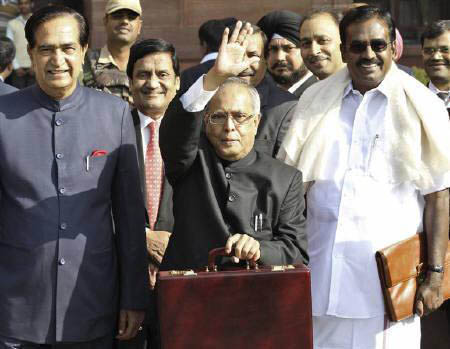
A White Paper on black money tabled in Parliament on Monday, May 21, has named real estate among others as most vulnerable to menace of black money. Given that land is part of the top black money generators, the white paper suggested that states could consider taxing farm income to curb black money.

Integrated township as the future of urban living is an established reality. However, the future of integrated townships depends not only on the infrastructure development, but also creation of overall social infrastructure. Track2Realty delves deeper into the issue to find out the thin line that bifurcates between a successful case study and a dream unfulfilled.
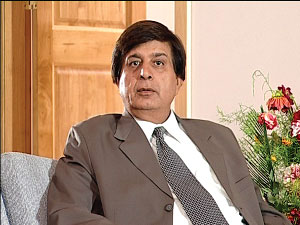
Redefining Public purpose, as suggest by Parliamentary Committee, will impact infrastructure, industrial and township development severely.
Provisions of LA and R&R Bill should not apply to private acquisitions done by developers after direct negotiation with land owners/farmers. Privately negotiated prices, in almost all cases, are much higher than acquisition compensation suggested in the bill.

When the Finance minister Pranab Mukherjee proposed home buyers to withhold 1% of the sale consideration as Tax Deducted at Source (TDS), it became a free-for-all kind of football match with developers and property consultants alleging that it could encourage black money component in real estate, while tax consultants believed otherwise and pointed out that the reach of the banking sector in rural area makes it easier to detect unsavoury deals.
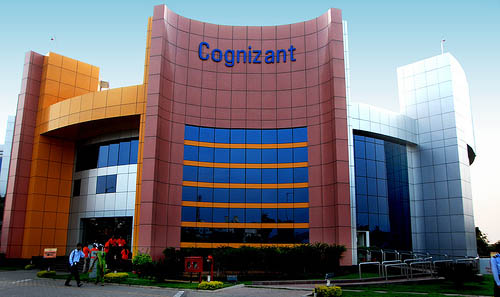
Cognizant Technology Solutions has increased its real estate infrastructure expansion in India by nearly $200 million.
The US-based company, which has large offshore presence in India, has revised its investment plan to a total of $700 million in real estate from 2011 through 2015.
